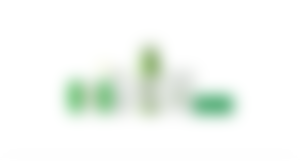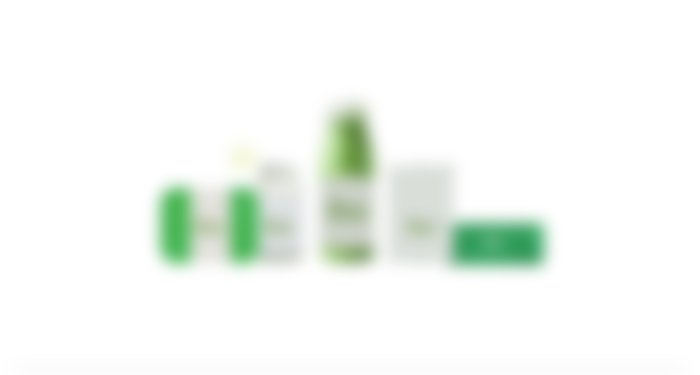Deposit Return Schemes In The UK and EU – A Tool For Improving Recycling and Circular Economy.
The legislation around recycling is continuing to change because of ongoing efforts across the globe to reduce packaging and waste — requiring brands and food manufacturers to quickly adapt to ensure packaging and label compliance.

Countries are being asked to set recycling targets and packaging recycling regulations such as labelling <link to recycling regulations blog> to support reaching these targets. In the EU, the regulation requires that each Member State sets an objective to collect 77% of single use plastic bottles placed on the market by 2025, as a result, ten member states are planning to introduce deposit return schemes.
What Is A Deposit Return Scheme (DRS):
A deposit return scheme (DRS) charges consumers a small amount when they buy a product in a metal can or plastic bottle, with the money paid back to the consumer when they return the container to the original, or another participating, outlet for recycling.
This scheme has been shown to work in many countries, and Norway and Germany are leading the way with recycling rates. The German legislation, known as Einwegpfand, has been in place since 2002 and the recycling rate of plastic is more than 97%, where consumers get 22p back when returning their containers to the place of purchase. In Norway, rates of 98% have been achieved for PET plastic bottles. Both schemes use barcodes as the main food labelling requirements, in Germany there is a universal symbol for single-use bottles but not for re-use bottles. In Norway, bottles where a deposit is made, do bear a mark to indicate this.
To address the low rates of recycling in the UK, currently at just 43.9% (with less than half of the 14 billion plastic bottles, 9 billion cans, and 5 billion glass bottles sold annually being recycled), England and Wales are expected to launch a DRS scheme from 2024 with Northern Ireland expected to follow with its own shortly after. Scotland was due to launch a DRS scheme in 2022, however, this has been postponed until August 2023.
The schemes across countries are not harmonised, which could lead to a risk of costly and complicated requirements for businesses selling in different regions. There is some pressure being put on the European Commission to introduce a Europe-wide scheme to prevent this. Outside the EU, Scotland has also said that the food labelling regulations will not “require you to add new labelling to packaging sold in Scotland. However, the scheme administrator may set out anti-fraud measures”. Such measures may include specific labels or barcodes that have the potential to be added as a secondary label to save costly redesigns.
The power sits with governments as to what food labelling regulatory changes may result from the implementation of these schemes. Ultimately, it is about ensuring consumers have clear, accurate and practical information to help them make informed choices regarding the disposal/return of packaging.
Related Link -
Novel Alternative Proteins: a path to sustainable healthy diets – Plant-based
